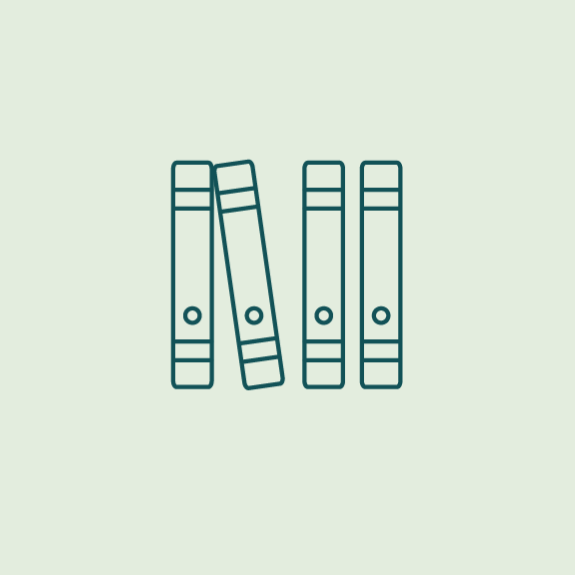Refugees, asylum-seekers, and internally displaced people (IDPs) are some of the most vulnerable people on Earth. All survivors of conflict, violence, persecution, or disaster, different groups of displaced people enjoy different rights and protections. Refugees enjoy certain rights under international law while residing outside of their home countries, but IDPs remain within their home countries and are denied these freedoms more often than not. According to the United Nations Refugee Agency (UNHCR), a staggering 120 million people are forcibly displaced globally. 57%, or 68.3 million people, are internally displaced.
We partner with mental health and other service providers to co-create culturally sensitive training programs that meet the distinct needs of each displaced group and lay the groundwork for sustained efforts in each region. In Gaza and Haiti, where we work primarily with IDPs, we have established permanent presences with local CMBM teams. In Ukraine, we also work with IDPs from the eastern and southern parts of the country.
How we’ve worked with internally displaced people
Gaza
The plight of the Palestinian people has grown over the past eight decades. Unpredictable land, air, and sea attacks by the Israel Defense Forces have claimed countless civilian lives and destroyed entire cities. In 2005, to address the needs of generations of traumatized Palestinians, we established a permanent local team, CMBM-Gaza.
Since beginning our operations in the region almost twenty years ago, we have trained 1,500 Palestinian clinicians, educators, key figures in women’s groups, and other community leaders in our model of psychological self-care and group support. These trainees brought our approach to more than 280,000 children and adults.
Since October 7, 2023 and the resulting humanitarian crisis, our team has scaled our operations to provide daily evidence-based emergency trauma healing services to an additional 131,000+ Palestinians throughout the Gaza Strip. We’ve brought intensive 5-week Mind-Body Skills Groups and mind-body medicine workshops to IDPs finding refuge in 166 United Nations Relief and Works Agency (UNRWA) and other shelters throughout Deir Al-Balah, Rafah, Khan Younis, Gaza City, and Northern Gaza. We’ve also delivered virtual psychosocial support services to displaced families across the territory. Our efforts during the crisis have been made possible by major support from Islamic Relief USA and many other committed donors.
Haiti
After the 2010 earthquake, with the generous support of Don deLaski and the deLaski Family Foundation, we mobilized to provide emergency trauma relief and resilience building tools to earthquake survivors who had lost family members, homes, and livelihoods. With local Faculty, we developed guided practices and materials in French and Haitian Creole that were easily accessible to the Haitians we served.
The need for our work was great in Haiti, so we created a permanent team—CMBM-Haiti—to provide ongoing support and sustain our impact. Since 2010, we’ve served over 250,000 children and adults in Haiti through training programs and workshops, and have incorporated our model into 120 local and community organizations dedicated to changing outcomes.
Violent crime and gang violence in Haiti’s cities has increased dramatically since 2021, beginning with the assassination of President Jovenel Moïse. An earthquake that August only served to increase the number of people who could not return to their homes. The International Organization for Migration estimates that the number of IDPs in Haiti has increased from 362,000 in March 2024 to 580,000 in June 2024. Our dedicated Faculty work with camp and shelter administrators to host emergency Mind-Body Skills Groups and abbreviated workshops, where they offer group support and share mind-body medicine techniques with children, teens, adults, and elders that they can use in their daily lives.
Ukraine
From the onset of the Russian Federation invasion of Ukraine, we’ve collaborated with Ukrainian psychotherapists, physicians, educators, and community leaders to introduce our model of self-care and group support to those who have been forced into exile, both internal and external, and those who remain.
We hosted our first two-day online emergency seminar In June 2022 for a group of 270 Ukrainian trainees. With the support of local partners and translators, we shared evidence-based tools for practicing self-care and mutual support with psychotherapists, physicians, educators, and community leaders.
In April 2023, in partnership with Pact and through a grant funded by USAID, we designed and facilitated an intensive trauma relief program for Ukrainian clinicians, physicians, educators, community leaders, and others serving their communities, and laid the foundation for a comprehensive and sustainable mental health and psychosocial support program, which continues today. We are now collaborating with the Ukrainian League of Social Workers to train 44 of the most gifted and committed initial participants to become a Ukrainian faculty capable of training many thousands more, making this evidence-based model sustainable and widely available throughout the country.
How we’ve worked with diasporic communities
Iran and the Farsi-speaking Diaspora
In 2021, we began identifying community leaders and stakeholders who wanted to bring our model of self-care and mutual support to members of the Iranian and Farsi-speaking diaspora. With the subsequent rise in gender-based violence in Iran—triggered by the police killing of Mahsa Amini in 2022—we knew we needed to expand our reach and scale our work.
Working closely with our Iranian-American Faculty, we created culturally sensitive training materials in Farsi, and emphasized the role of Mind-Body Skills Groups in our model to align with participants’ collectivist culture. We also partnered with #CookforIran and hundreds of donors to create a scholarship fund for members of the diaspora, to ensure that they could access this transformative training at no cost or personal risk.
Since April 2021, we’ve trained more than 180 Farsi-speaking professionals in our model of self-care, self awareness, and group support, who have shared what they’ve learned with over 5,000 children, teens, and adults.
How we’ve worked with refugees
Jordan
We provided trauma relief to displaced Syrian families taking refuge in Jordan in 2017, in partnership with the Institute for Family Health of the Noor Al Hussein Foundation. We’ve also shared our model with organizations and 75 individuals providing services across the country.
